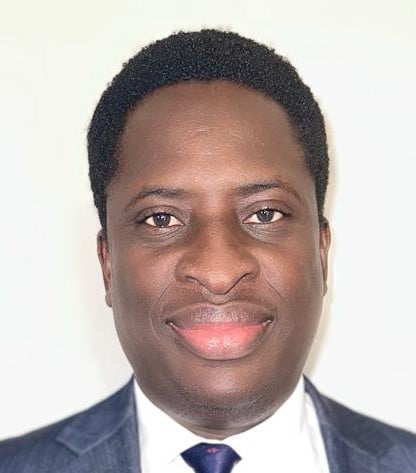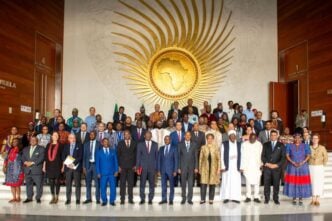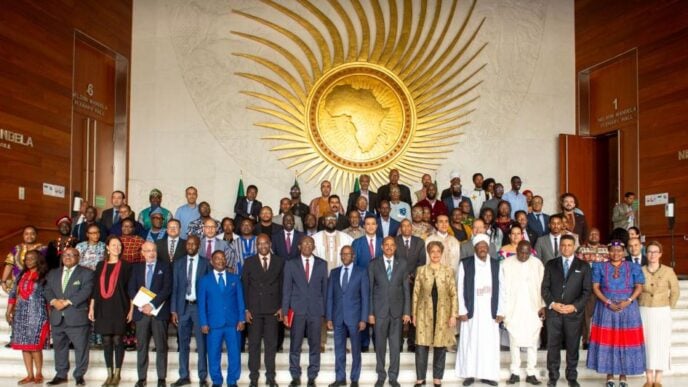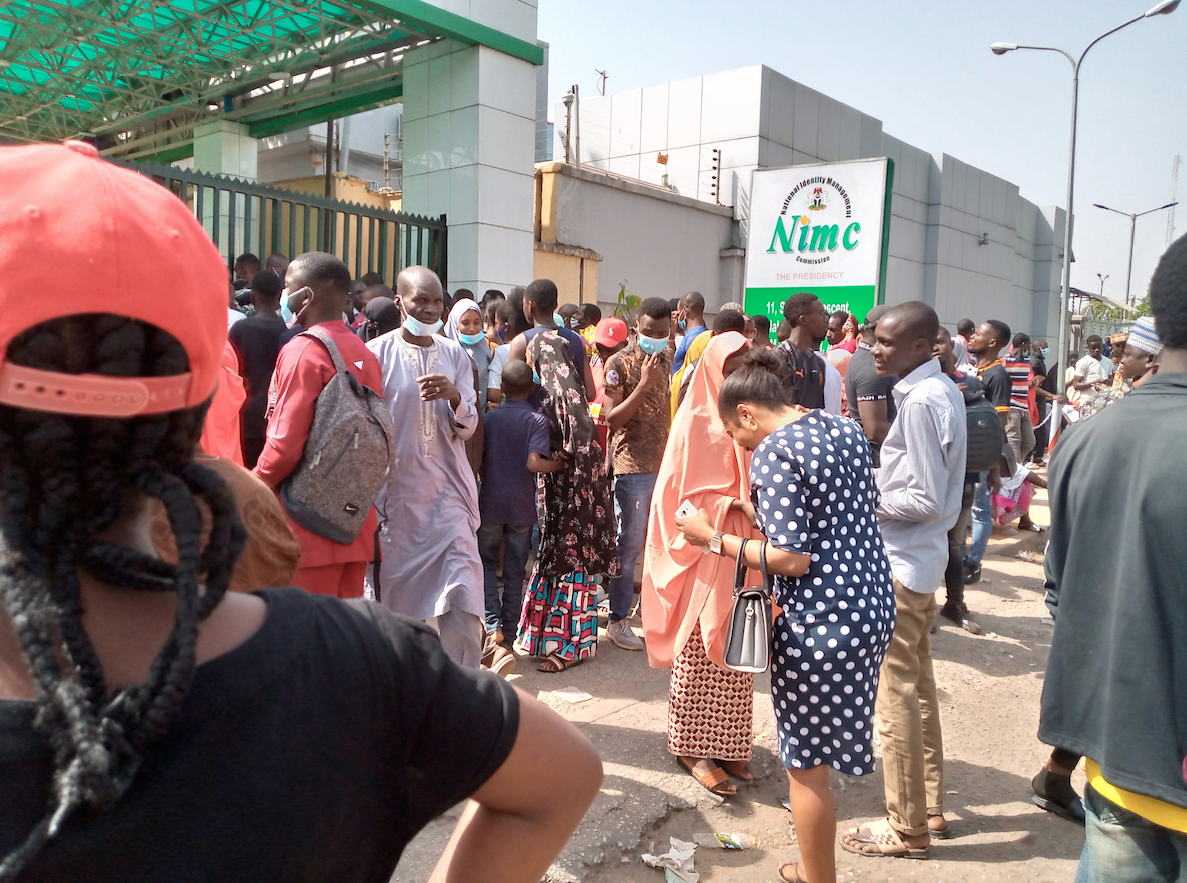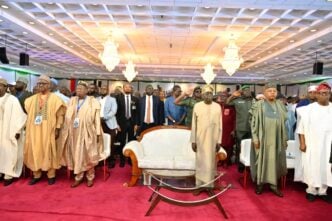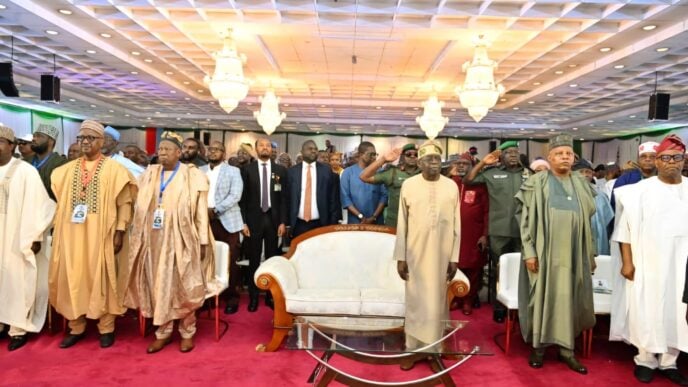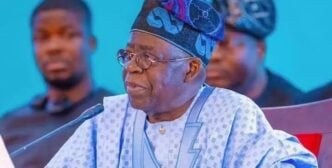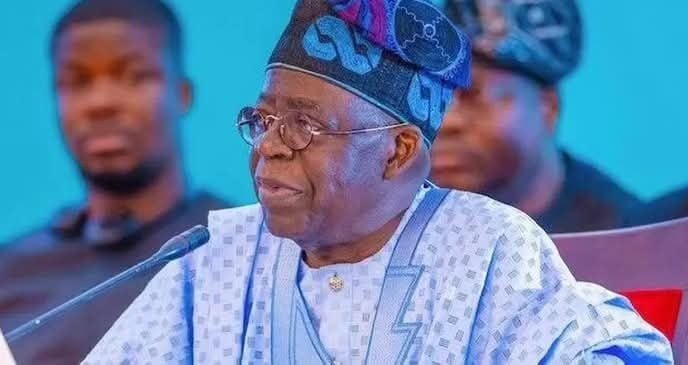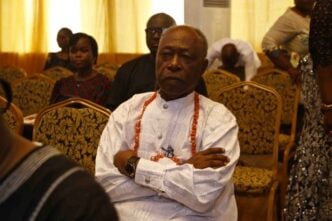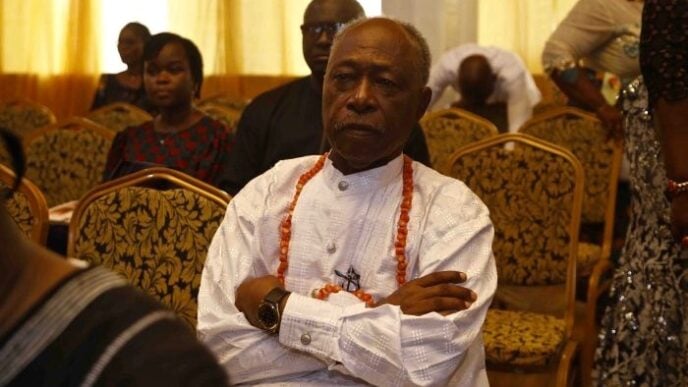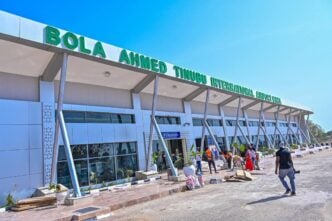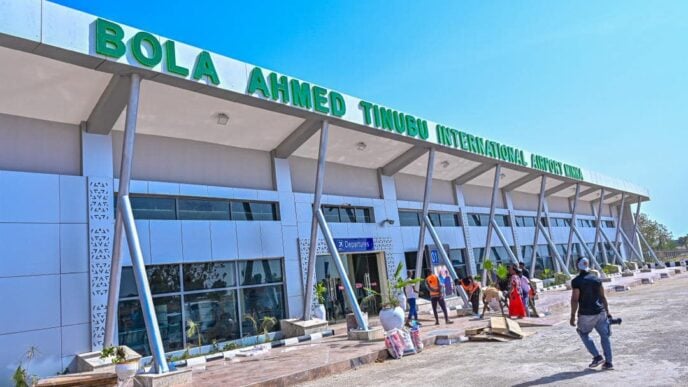Wizkid
Ayodeji Ibrahim Balogun, known globally as Wizkid, has woven Lagos into the fabric of his music, elevating a city of over 15 million into a cultural beacon. Through hits like ‘Ojuelegba’, named after a gritty Lagos suburb, the seminal album ‘Made in Lagos’, and his recent documentary ‘Wizkid: Long Live Lagos’, he has not only celebrated his roots but redefined how cities can shine through authentic storytelling. Wizkid’s pride in Lagos, evident at every concert, interview, and red-carpet moment, offers a masterclass in how artists, storytellers, and creators can harness their unique identities to shape perceptions and inspire the world. In an era of artificial intelligence and manufactured narratives, his example underscores the enduring power of originality, authenticity, and staying true to one’s roots.
Lagos, Africa’s fifth-largest economy with a GDP of £67 billion in 2023, is more than a financial hub in Wizkid’s lens. It is a crucible of dreams, where hustle meets reward, and raw talent transforms into global excellence. His music paints Lagos as a vibrant, chaotic, stylish city, an urban pulse that resonates from Surulere’s streets to stages in London, New York, and Dubai. ‘Ojuelegba’, a 2014 single, tells of struggle and triumph in a working-class neighbourhood, its rhythm now echoing in clubs from Tokyo to Rio.
‘Made in Lagos’, released in 2020, topped global charts, with 1.02 billion Spotify streams by 2024, carrying the city’s spirit to 183 countries. His documentary, premiered in 2025, traces his journey from Lagos’s shanties to sold-out arenas, cementing the city as a character in his narrative. Wizkid’s work has generated an estimated 2 billion organic social media impressions for Lagos since 2020, per Brandwatch analytics, outpacing many state-led tourism campaigns.
This is no small feat. Entertainment can reshape perceptions of place, as history shows. Hollywood has long burnished America’s global image, with films like ‘Top Gun’ and ‘The Avengers’ projecting cultural dominance, contributing to a £560 billion U.S. media industry in 2023. NBA stars like Michael Jordan and LeBron James have made American cities like Chicago and Los Angeles synonymous with aspiration, drawing millions in tourism revenue.
Advertisement
In Brazil, football legends Pelé and Neymar have turned Rio into a carnival of dreams, with the 2014 World Cup generating £10.8 billion in economic impact, per FIFA. Bob Marley’s reggae anthems made Jamaica a cultural mecca, boosting tourism to 4.3 million visitors in 2023, worth £3.3 billion. In Nigeria, Fela Kuti’s Afrobeat gave Lagos a rebellious, creative edge, while South Africa’s Lucky Dube carried messages of unity, helping post-apartheid tourism grow to £7.1 billion by 2023. Wizkid follows this lineage, making Lagos a byword for ambition and style.
Governments have taken note, investing heavily in destination branding. Rwanda’s ‘Visit Rwanda’ campaign, launched in 2018, partnered with Arsenal FC and PSG, placing the country’s logo on jerseys seen by 1.2 billion viewers annually. By 2023, Rwanda’s tourism revenue hit £496 million, with gorilla trekking in Volcanoes National Park drawing 40,000 visitors yearly. South Africa’s ‘Visit South Africa’ campaign, highlighting Table Mountain and Kruger National Park, helped tourism contribute 7.6% to GDP in 2023.
Ghana’s ‘Year of Return’ in 2019 attracted 1.1 million diaspora visitors, generating £1.5 billion. These efforts show how strategic storytelling can shift narratives, yet Wizkid’s organic advocacy for Lagos rivals their impact without a marketing budget.
Advertisement
Wizkid is not alone. Burna Boy’s Grammy-winning ‘Twice as Tall’ and Davido’s sold-out global tours have spotlighted Nigeria, while the Kuti dynasty, Femi and Seun, carries Fela’s torch. Athletes like Blessing Okagbare and artists like Yinka Shonibare elevate Nigeria’s cultural cachet. Yet Wizkid’s focus on Lagos is singular. He does not merely represent the city; he embodies it, weaving its energy into every lyric and performance.
This authenticity, rooted in his Surulere upbringing, where he recorded his first tracks in makeshift studios, resonates because it is unforced. Lagos is not a backdrop; it is his story.
The lesson for artists, storytellers, and creators is clear: authenticity is currency. In a world where artificial intelligence can churn out polished but soulless content, originality sets you apart. Wizkid’s music draws power from real experiences, street hustles, late-night danfo rides, the clamour of Oshodi markets. This honesty connects with audiences, from Lagos teenagers to Coachella crowds. Whether in music, literature, or business, leaning into one’s unique identity, place, culture, struggle, creates narratives that endure. A painter in Accra, a writer in Nairobi, or an entrepreneur in Soweto can draw from their roots to craft stories that resonate globally, just as Wizkid has done for Lagos.
As Lagos rises on the world stage, Wizkid’s work challenges creators to ask: What is my Ojuelegba? What story of home, grit, or triumph can I tell? In an age of algorithms, the human voice, raw, real, and rooted, remains unmatched. Lagos, through Wizkid, is not just a city; it is a testament to the power of staying true.
Advertisement
Bayagbon is a communications and digital innovation consultant.
Views expressed by contributors are strictly personal and not of TheCable.
